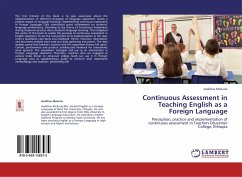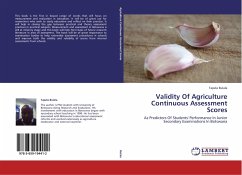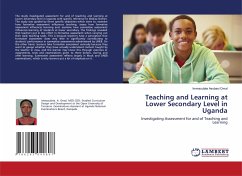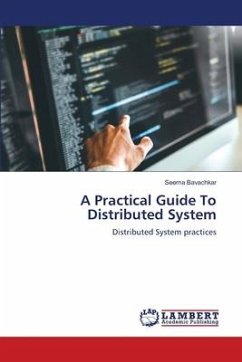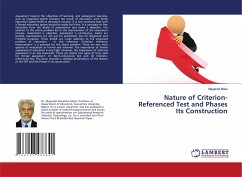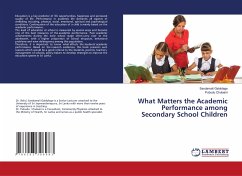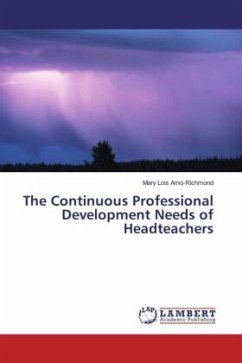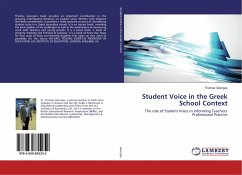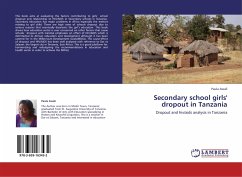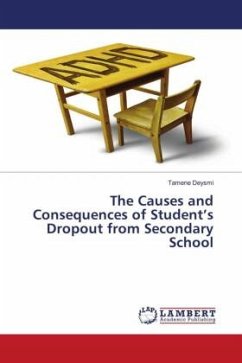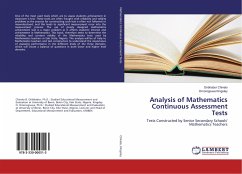
Analysis of Mathematics Continuous Assessment Tests
Tests Constructed by Senior Secondary Schools' Mathematics Teachers
Versandkostenfrei!
Versandfertig in 6-10 Tagen
30,99 €
inkl. MwSt.

PAYBACK Punkte
15 °P sammeln!
One of the most used tools which are to assess students achievement in classroom is test. These tools are often fraught with reliability and validity problems as the process for constructing such test is often not followed or misunderstood, and this leads to significant measurement error into the measurement process. The use of poorly designed mathematics achievement test is a major problem as it affects students' interest and achievement in Mathematics. This book, therefore seeks to determine the reliability and content validity of the Mathematics tests used by Mathematics teachers in Edo Sta...
One of the most used tools which are to assess students achievement in classroom is test. These tools are often fraught with reliability and validity problems as the process for constructing such test is often not followed or misunderstood, and this leads to significant measurement error into the measurement process. The use of poorly designed mathematics achievement test is a major problem as it affects students' interest and achievement in Mathematics. This book, therefore seeks to determine the reliability and content validity of the Mathematics tests used by Mathematics teachers in Edo State, Nigeria. The analysis will be of help to Mathematics teachers and test constructors to understand the importance of assessing performance in the different levels of the three domains, which will create a balance of questions in both lower and higher level domains.



